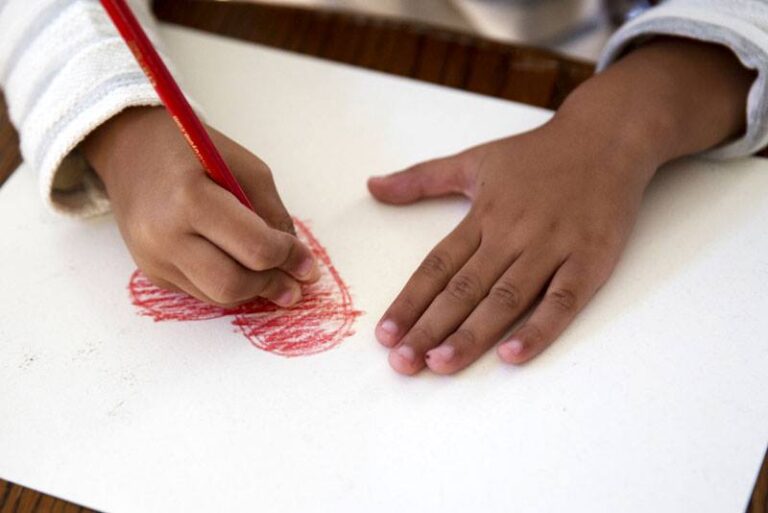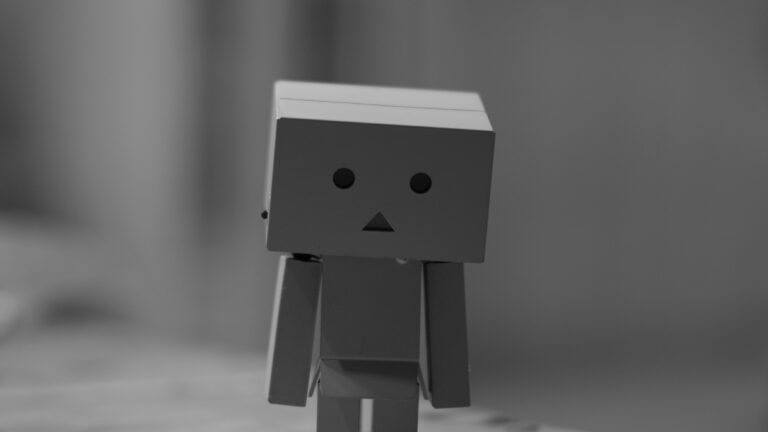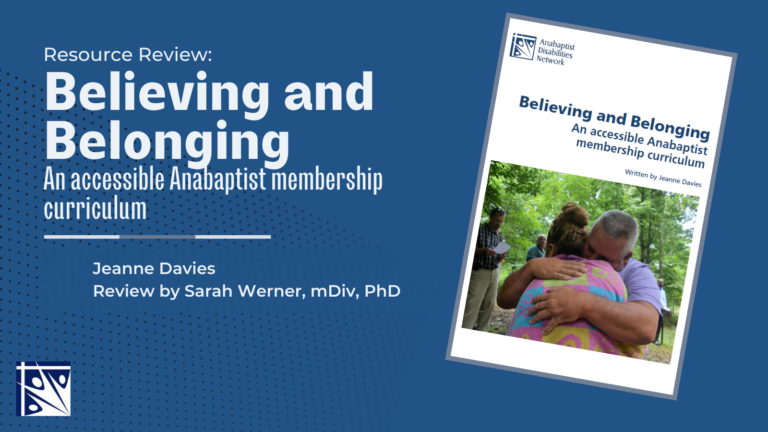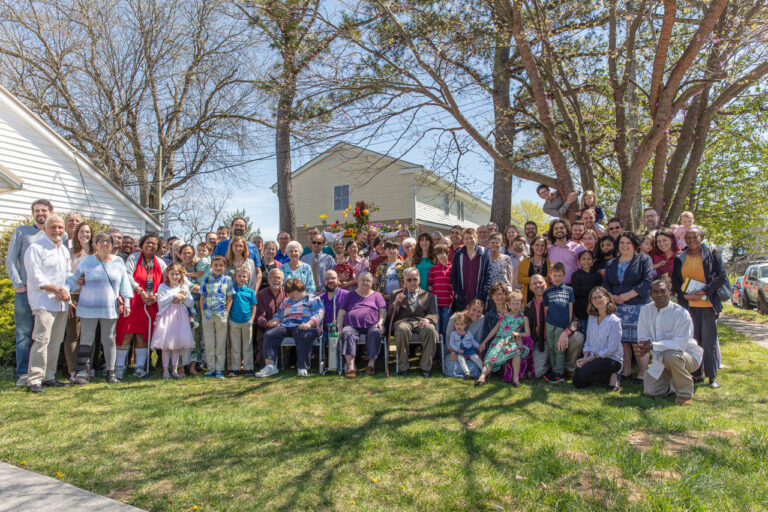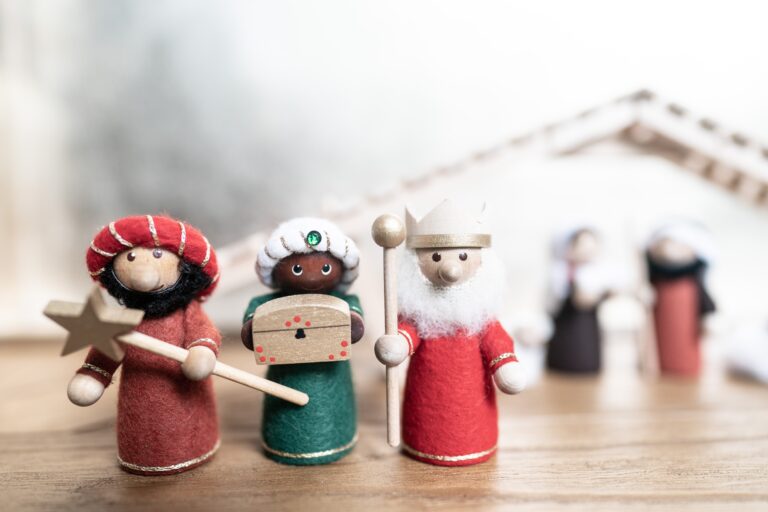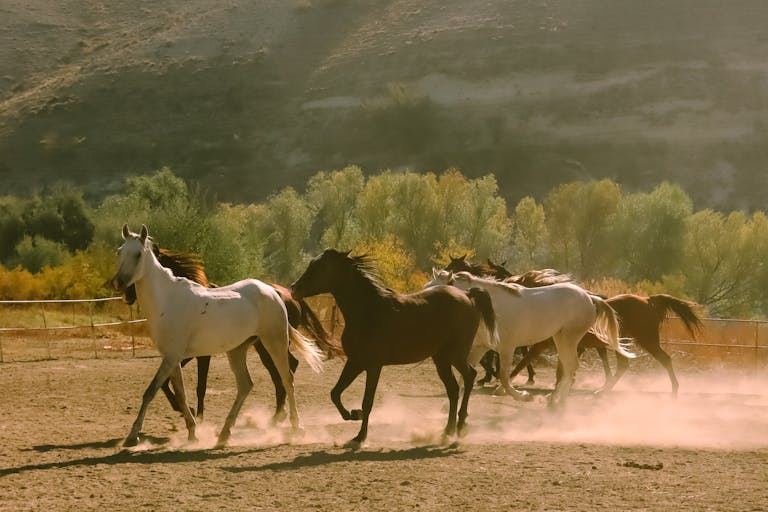Made in God’s Image
There are days when I don’t feel disabled.
I have cerebral palsy, which means I certainly qualify. Before I even leave the house in the morning, I’m reminded by my handicap parking placard and cane, for example.
But because my cerebral palsy has been around my whole life and diagnosed on my first birthday, it’s all I have ever known. I was never suddenly unable to do things I had done before, as there might have been if I was injured in an accident. Some things are hard for me, but that’s true for everyone in some form or another. The thought of being disabled only crops up when I compare my life to what other people experience.
I’ve always held tight to the idea that humanity was made in God’s image. We hear about this very early in the Bible — it’s the 27th verse in the book (Genesis 1). Scripture has other references to the importance of all kinds of people, including Paul’s letter about the body having many members in 1 Corinthians 12.
But the Bible also talks about healing, that’s the miracle that Jesus most often performs in the Gospels, including for a pair of paralytics; and restoring a severed ear is the last miracle He does before His arrest. The Gospels also relay the stories of healing of people with blindness, deafness and withered limbs.
It’s nearly impossible for me to watch a professional athlete chase down a fly ball and not wish that I had been given the chance to do the same, so I certainly understand that many of us want to be made whole in places we’re not. And my childhood trips to the University of Iowa hospital always reminded me that medical science can be a wonderful thing.
But it’s hard to reconcile the idea that we are all made in God’s image with the well-meaning advice I’ve gotten from some other members of the body of Christ who want to see me healed to their standard of physical wholeness.
One of my colleagues, a fan of the bluegrass group Nickel Creek, introduced me to their 2001 release “The Hand Song.” The song’s refrain concludes “he was showing his love and that’s how he hurt his hands,” using the examples of a boy who picks roses for his mother despite their thorny stems and later invoking Christ’s own agony upon the cross. In both cases, the thing we see first is the pain the giver endures, even though both gestures are born of a desire to show love.
Regardless of what identity I claim on the ability spectrum, I’ll spend my whole life living with the dissonance that I’ve always had a unique set of abilities even though that excludes some things many people take for granted. For that reason, I struggle to think of any person as “abled” or “disabled”: we all do what we can and problem-solve around what we cannot.
Another of Paul’s famous observations, conveniently also in 1 Corinthians, is that God’s greatest gift is love. We need not look far on this earth to realize the world needs more love, not less. While my ability to do something mobile for you might look painful, please recognize it’s rooted in the urge to show love for a fellow human. And while I’m quite comfortable in the body I have, I’ll do my best to understand that your wish for my healing is as well.

Tony Miller lives in Goshen, Indiana, where he is employed as the food service office coordinator at Greencroft Goshen and the athletic statistician at Goshen College. He has lived with cerebral palsy since 1993 and been a member of Waterford Mennonite Church since 2009. A winner of multiple national awards for digging up sports factoids for the media, he spends an alarming amount of time thinking about new and exciting ways to make spreadsheets.



